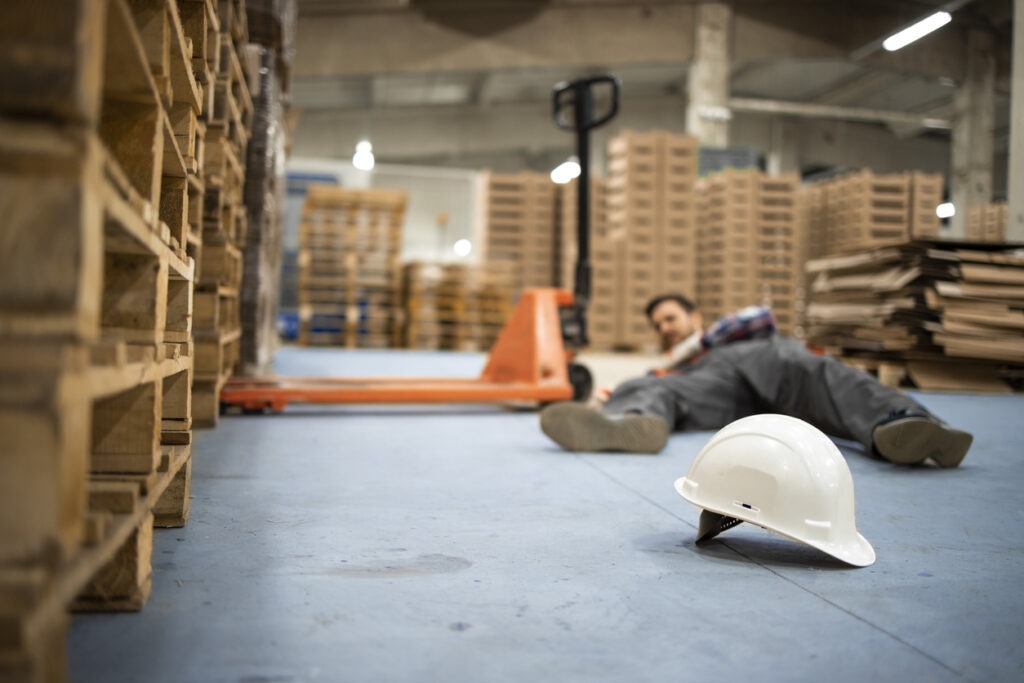
Premises liability claims in California play a crucial role in ensuring the safety and well-being of individuals who visit or reside on someone else’s property. Understanding the concept of premises liability and its implications is essential for anyone who wants to protect their rights in the event of an accident or injury.
Understanding California Premises Liability Laws
Premises liability is defined as the legal responsibility of property owners and operators to maintain a safe environment for people who enter the building or land they own. When a person suffers an injury or accident due to hazardous conditions on someone else’s property, the property owner or operator may be held liable for the damages. This legal concept aims to ensure that property owners take reasonable steps to prevent harm to visitors and guests.
Common Types of Premises Liability Cases
California premises liability laws cover a wide range of accidents and injuries that can occur on someone else’s property. These laws are designed to hold property owners and operators accountable for maintaining a safe environment for visitors. Here are some common premises liability accidents:
Slip and Fall Accidents
A slip and fall premises liability case is among the most common types of California’s premises liability laws. These accidents can occur due to wet or slippery floors, uneven surfaces, poorly maintained walkways, or inadequate lighting. California property owners have a responsibility to promptly address any dangerous conditions and ensure the safety of their premises.
Inadequate Security Leading to Assaults
Rental property owners and operators are also responsible for providing adequate security measures to protect visitors from foreseeable criminal acts. If a person is assaulted due to negligent security, the property owner may be held liable for the injuries sustained and wrongful death damages.
Dog Bites
Dog owners have a legal duty to prevent their pets from causing harm to others. If a dog bites or attacks someone on their property due to their negligence in controlling their animal, the owner may be held responsible for the resulting injuries, trauma, and medical bills.
Establishing Negligence and Premises Liability
Remember that successfully proving these elements requires gathering evidence, consulting with legal professionals, and understanding the nuances of California premises liability laws. If you believe you have a valid claim, consider seeking legal advice promptly to protect your rights and seek fair compensation.
Duty of Care
The concept of “duty of care” is fundamental in premises liability cases. It refers to the legal obligation that property owners and operators have to ensure the safety of visitors and guests on their premises.
Property owners must take reasonable steps to prevent harm to anyone who enters their property lawfully. This duty extends to maintaining the premises in a safe condition, addressing hazards promptly, and providing adequate warnings where necessary. For example, if a store owner fails to repair a broken step or clean up a spill, they may breach their duty of care.
Breach of Duty
A breach of duty occurs when the property owner or operator fails to meet their obligation to maintain a safe environment. To establish a breach of duty, the injured party must show that the property owner knew or should have known about a hazardous condition and had a duty to fix it but failed to address it. Examples of breaches include not fixing a broken railing, ignoring a slippery floor or neglecting to secure loose wiring.
Causation
Causation connects the hazardous condition to the injury suffered by the visitor. The injured party must demonstrate that the unsafe condition directly caused their harm, which involves proving a causal link between the breach of duty and the injury. For instance, if a visitor slips on a wet floor and fractures their wrist, they must show that the wet floor was the direct cause of the injury.
Damages
Damages refer to the harm suffered by the injured party as a result of the breach of duty. These damages can be physical (such as medical expenses, pain and suffering), financial (lost wages), or emotional (mental distress). To strengthen their claim, the injured party should document their injuries, medical treatments and any other relevant losses.
Practical Steps After an Incident
If you’ve been injured on someone else’s property, follow these steps:
Gather Evidence
Take photos of the hazard, document the scene, and obtain witness statements if possible. Write down details about the incident while they are fresh in your memory. Include information such as the date, time, location and what led to your injury. Note any contributing factors, such as poor lighting, broken steps or slippery surfaces.
Seek Medical Attention
Promptly address your injuries and keep detailed medical records. Even if your injuries seem minor, it’s essential to get evaluated by a healthcare professional. Delaying medical attention could make injuries worse and weaken your claim.
Consult With an Attorney
An experienced California premises liability attorney can assess your case, advise on legal options and guide you through the claims process. Your options may include filing a claim with the property owner’s insurance company, negotiating a settlement or pursuing a lawsuit.
Seek Legal Guidance After Your Injury
If you’ve been hurt on someone else’s property due to their negligence, it’s crucial to reach out to an attorney for legal advice promptly to ensure you protect your rights and get the best chance at fair compensation for your injuries.
If you believe you have a premises liability claim, consult with our experienced team to explore your legal options and take the necessary steps to seek justice. Call Nadrich Accident Injury Lawyers to schedule a free consultation today.

